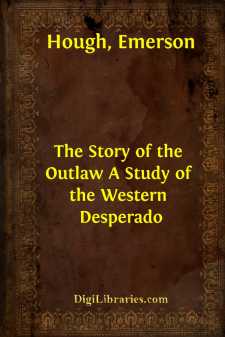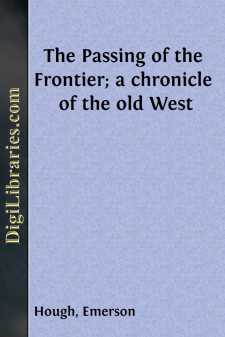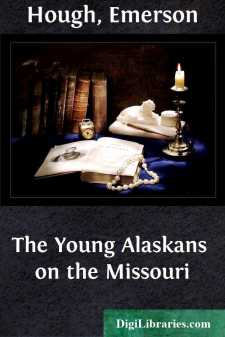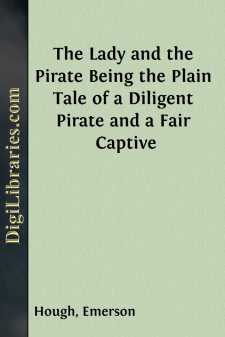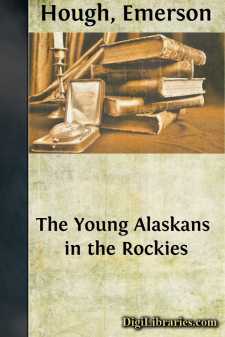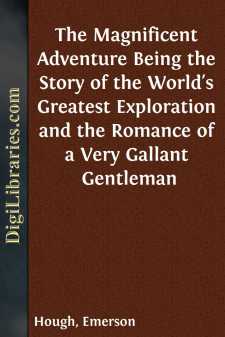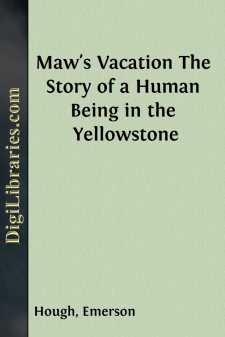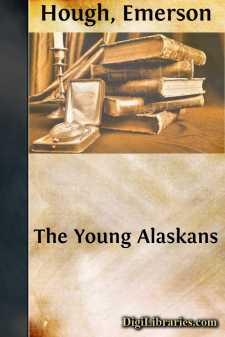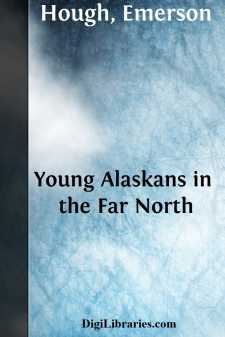Categories
- Antiques & Collectibles 13
- Architecture 36
- Art 48
- Bibles 22
- Biography & Autobiography 813
- Body, Mind & Spirit 142
- Business & Economics 28
- Children's Books 13
- Children's Fiction 10
- Computers 4
- Cooking 94
- Crafts & Hobbies 4
- Drama 346
- Education 46
- Family & Relationships 57
- Fiction 11828
- Games 19
- Gardening 17
- Health & Fitness 34
- History 1377
- House & Home 1
- Humor 147
- Juvenile Fiction 1873
- Juvenile Nonfiction 202
- Language Arts & Disciplines 88
- Law 16
- Literary Collections 686
- Literary Criticism 179
- Mathematics 13
- Medical 41
- Music 40
- Nature 179
- Non-Classifiable 1768
- Performing Arts 7
- Periodicals 1453
- Philosophy 64
- Photography 2
- Poetry 896
- Political Science 203
- Psychology 42
- Reference 154
- Religion 513
- Science 126
- Self-Help 84
- Social Science 81
- Sports & Recreation 34
- Study Aids 3
- Technology & Engineering 59
- Transportation 23
- Travel 463
- True Crime 29
Emerson Hough
Emerson Hough was an American author born on June 28, 1857, in Newton, Iowa, and is best known for his western and historical novels. His most famous work, "The Covered Wagon" (1922), became a significant contribution to the genre, reflecting the pioneering spirit of the American West. Hough's prolific writing career, which also included non-fiction works and articles, greatly influenced the popular perception of frontier life during the late 19th and early 20th centuries.
Author's Books:
Sort by:
by:
Emerson Hough
PREFACE In offering this study of the American desperado, the author constitutes himself no apologist for the acts of any desperado; yet neither does he feel that apology is needed for the theme itself. The outlaw, the desperado—that somewhat distinct and easily recognizable figure generally known in the West as the "bad man"—is a character unique in our national history, and one whose like...
more...
by:
Emerson Hough
Chapter I. The Frontier In History The frontier! There is no word in the English language more stirring, more intimate, or more beloved. It has in it all the elan of the old French phrase, En avant! It carries all of the old Saxon command, Forward!! It means all that America ever meant. It means the old hope of a real personal liberty, and yet a real human advance in character and achievement. To a...
more...
by:
Emerson Hough
CHAPTER I FOLLOWING LEWIS AND CLARK ÐÑвâ¬Ðâ Well, sister,ÐÑвâ¬ÐÑ said Uncle Dick, addressing that lady as she sat busy with her needlework at the window of a comfortable hotel in the city of St. Louis, ÐÑвâ¬ÐâIÐÑвâ¬вâÑm getting restless, now that the war is over. Time to be starting out. Looks like...
more...
by:
Emerson Hough
CHAPTER I IN WHICH I AM A CAITIFF I WAS sitting at one of my favorite spots engaged in looking through my fly-book for some lure that might, perhaps, mend my luck in the afternoon’s fishing. At least, I had within the moment been so engaged; although the truth is that the evening was so exceptionally fine, and the spot always so extraordinarily attractive to me—this particular angle of the stream,...
more...
by:
Emerson Hough
ROB, JOHN, AND JESSE IN CAMP “ Well, here we are, fellows,” said Jesse Wilcox, as he threw down an armful of wood at the side of the camp-fire. “For my part, I believe this is going to be about the best trip we ever had.” “That’s what I was telling Rob to-day,” said John Hardy, setting down a pail of water near by. “But I hope I won’t have to carry water up a bank a hundred feet high...
more...
by:
Emerson Hough
CHAPTER I MOTHER AND SON A woman, tall, somewhat angular, dark of hair and eye, strong of features—a woman now approaching middle age—sat looking out over the long, tree-clad slopes that ran down from the gallery front of the mansion house to the gate at the distant roadway. She had sat thus for some moments, many moments, her gaze intently fixed, as though waiting for something—something or...
more...
by:
Emerson Hough
Times has changed, says Maw to herself, says she. Things ain't like what they used to be. Time was when I worked from sunup to sundown, and we didn't have no daylight-saving contraptions on the old clock, neither. The girls was too little then, and I done all the work myself—cooking, sweeping, washing and ironing, suchlike. I never got to church Sundays because I had to stay home and get...
more...
by:
Emerson Hough
THE YOUNG ALASKANS AT HOME IN ALASKA “ Steamboat! Steamboat!” Rob McIntyre had been angling for codfish at the top of Valdez dock for the past half-hour. Now, hearing the hoarse boom of the ocean vessel’s whistle out in the fog-bank which covered the mouth of the harbor, he pulled in his fishing-line, hurriedly threw together his heap of flapping fish, and, turning, sent shoreward the cry always...
more...
by:
Emerson Hough
THE START FOR THE MIDNIGHT SUN “ Well, fellows,” said Jesse Wilcox, the youngest of the three boys who stood now at the ragged railway station of Athabasca Landing, where they had just disembarked, “here we are once more. For my part, I’m ready to start right now.” He spoke somewhat pompously for a youth no more than fifteen years of age. John Hardy and Rob McIntyre, his two companions,...
more...
by:
Emerson Hough
CHAPTER I A LADY IN COMPANY "Madam, you are charming! You have not slept, and yet you smile.No man could ask a better prisoner." She turned to him, smiling faintly. "I thank you. At least we have had breakfast, and for such mercy I am grateful to my jailer. I admit I was famished. What now?" With just the turn of a shoulder she indicated the water front, where, at the end of the dock on...
more...


